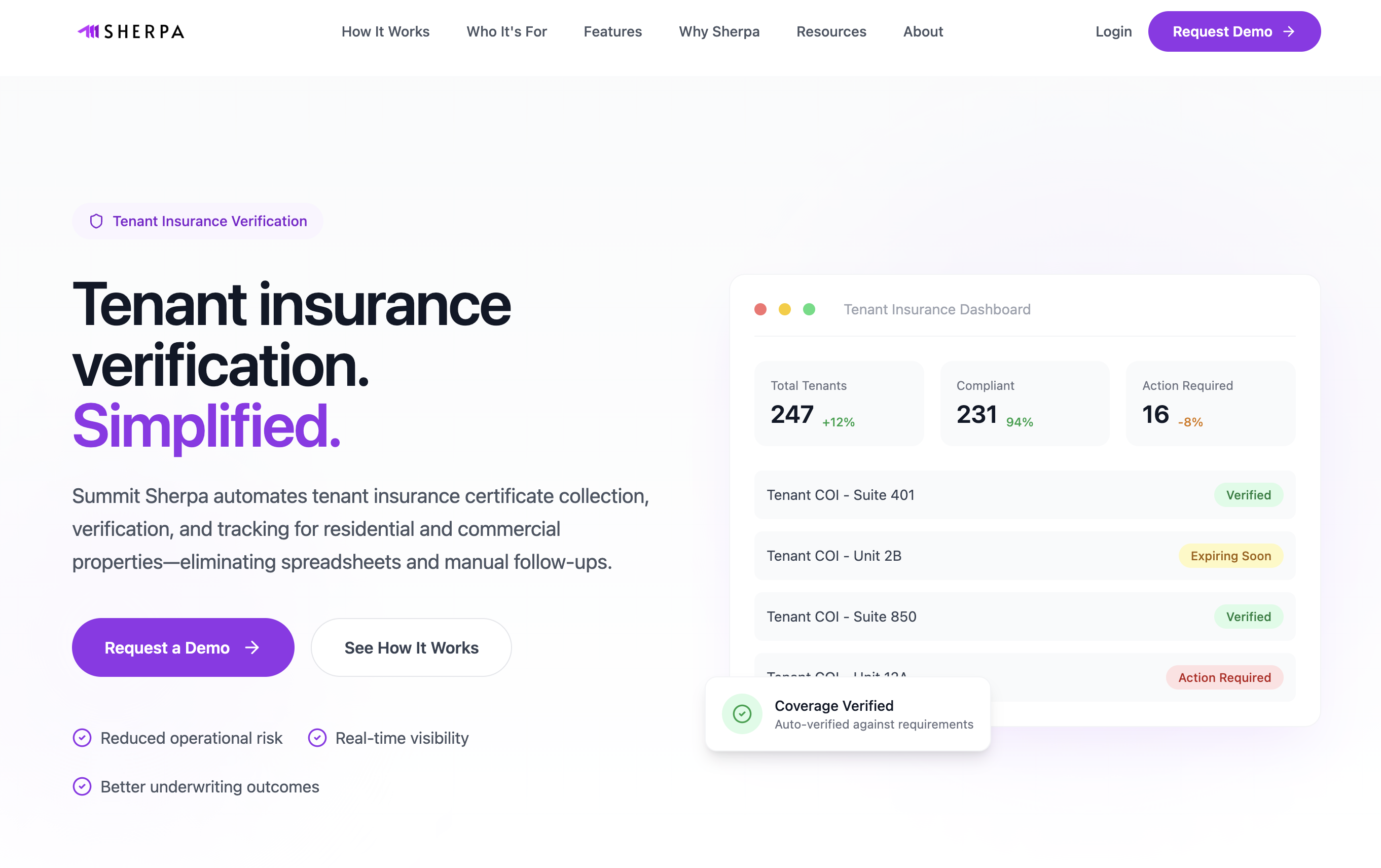
Real estate investment can be an extremely profitable venture that draws many investors looking to create wealth and secure their financial future. While real estate investments offer the potential for significant returns, they also pose risks. One tool investor can use to mitigate these risks is real estate investor insurance. let's explore its importance, its types, and how it can protect their investment ventures.
Investor Insurance: A Shield Against Uncertainties
Real estate investing often requires significant capital outlay and borrowing, leaving investors vulnerable to many risks. From natural disasters or tenant negligence leading to property damage to lawsuits from injured parties on your property, - real estate investor insurance protects from these uncertainties so unforeseen events don't lead to catastrophic financial losses that threaten to derail an investor portfolio altogether.
Understanding the Types of Investor Insurance
Before looking into the various forms of investment insurance, it's critical to understand the basic ideas and advantages that each type provides in order to make educated judgments.
1. Property Insurance
It is Key for Real Estate Investors to know the value of having property insurance to safeguard their investment property against fire, vandalism, theft, lightning strike damage, or windstorm damage, as well as to cover contents like appliances or furnishings. Property policies typically extend coverage up to 24 months following acquisition unless previously covered under another type of policy, such as a flood.
2. Liability Insurance Protecting Against Legal Claims
Liability insurance is an indispensable element of real estate investor insurance as it safeguards you against legal claims and lawsuits brought by tenants or visitors who believe your negligence caused their injuries on your property. Should anyone seek damages due to being hurt by it, liability coverage can cover medical bills, legal fees, and potential settlements or judgments from this situation.
3. Rent Loss Insurance: Protecting Rental Income
Rental income is one of the cornerstones of investing, so rent loss insurance ensures you continue receiving rent even if a covered loss temporarily renders the property inhabitable and allows peace of mind during renovation projects or property repairs and refurbishment processes.
4. Flood Insurance to Cover Flood-Related Damage
Traditional property insurance doesn't typically protect against damages from floods. However, given their increasingly frequent and intense impactful weather events, having this coverage becomes critical in areas prone to flooding - potentially helping avoid significant financial losses caused by any associated flood-related damages.
5. Umbrella Insurance
An umbrella policy offers additional liability coverage beyond what's provided through your primary policy limits, which can give real estate investors with multiple properties an extra security level that safeguards personal assets and helps ensure long-term ownership stability. It can provide added peace of mind.
6. Build Risk Insurance Coverage Builders
Risk insurance provides essential protection during construction, renovation, or significant property improvements. It protects against damages to materials, equipment, and structures as the project progresses, saving you and your investment against unexpected disasters.
For more details visit Summit Cover.
Factors to Consider When Choosing Investor Insurance
Before getting into the considerations to consider when selecting investor insurance, it is essential to understand the distinct risks and obstacles that investors experience in their financial ventures.
1. Size of Property Portfolio
Your portfolio size should dictate which insurance policies and limits to purchase; more extensive portfolios might need umbrella coverage to provide sufficient protection across their holdings.
2. Property Location and Risk Profile
Your investment properties' locations are pivotal in determining their insurance needs. Property near significant natural hazards like earthquakes, hurricanes, or wildfires should obtain specific policies tailored to these risks.
Conclusion
Real estate investor insurance is an essential element of any successful investment strategy. As you build up your property portfolio and diversify into new ventures, protecting assets against uncertainties is paramount. By understanding the different forms of coverage available and your risk exposure assessment methods, making informed decisions to build a secure foundation for real estate insurance endeavors becomes achievable. Ensuring adequate protection at each step can make all the difference - when venturing into new opportunities, provide sufficient insurance protection!



